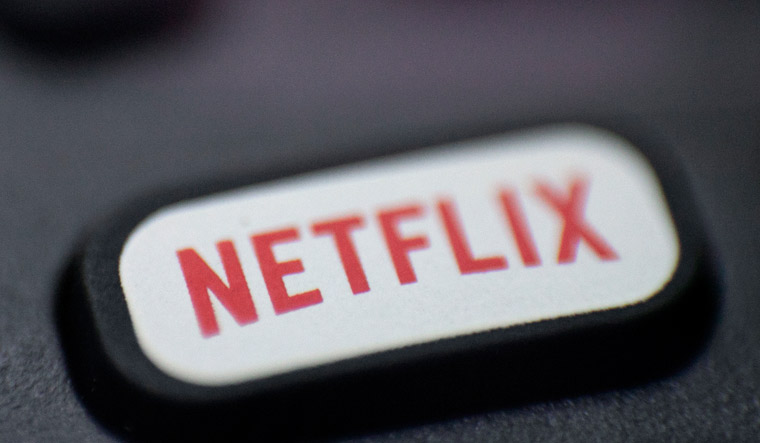Streaming giant Netflix's global crackdown on password sharing has finally reached India. Netflix on Thursday announced that it has ended password sharing for users in India, which means users outside a household cannot stream content from a single account.
The company stated on its blog that it has initiated distribution of emails to customers who are sharing Netflix outside their household in India. “A Netflix account is for use by one household,” the streaming platform said.
"Everyone living in that household can use Netflix wherever they are—at home, on the go, on holiday— and take advantage of new features like Transfer Profile and Manage Access and Devices," the streaming platform added in a statement.
Netflix launched the crackdown in May and imposed restrictions on password-sharing in over 100 countries including the United States, Britain, France, Germany, Australia, Singapore, Mexico, and Brazil. As proof that the move has indeed worked in its favour, the streaming giant has added nearly 6 million subscribers globally since then.
Netflix has also introduced “borrower” or “shared” accounts which allows subscribers to add extra viewers for a higher price. In the US, Netflix is experimenting with an ad-supported subscription.
Netflix first warned of the move in April last year after the streaming platform recorded a drop in subscriber count—the first in a decade. Netflix, that is facing stiff competition from rivals like Disney Plus, HBO Max and Apple TV+, earlier told shareholders of its plan to prod more people to pay for their own accounts and hence shore up its revenues. Netflix stated that it had initially allowed password sharing to increase the platform's penetration and get more people hooked to the content.
However, as per reports in April last year, Netflix estimated that in addition to its 222 million paid users, the platform's content was being shared with roughly 100 million additional households.


